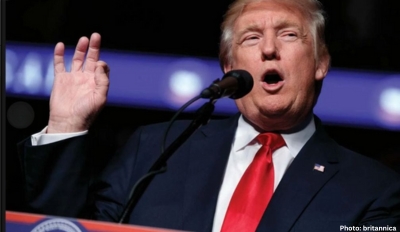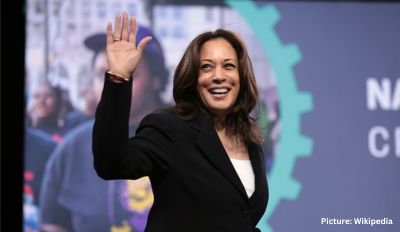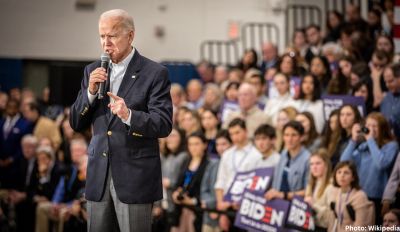President Joe Biden is delivering his second State of the Union address tonight. In this special edition newsletter, here’s a look at public opinion on some of the key issues facing the country.
Inflation: Despite signs that inflation may be easing, large shares of Americans remain concerned about prices. Three-quarters of U.S. adults say they are very concerned about the price of food and consumer goods, while six-in-ten express the same degree of concern about gasoline and energy prices and the cost of housing.
Ukraine: More Americans approve than disapprove of the Biden administration’s response to the Russian invasion of Ukraine, but the share of Americans who say the U.S. is providing too much support to Ukraine has grown, a shift largely driven by Republicans. In both parties – but especially among Republicans – fewer Americans now see the conflict as a major threat to U.S. interests than did so in March 2022, shortly after Russia invaded Ukraine.
Gun violence: Americans largely supported the gun bill passed by Congress and signed into law last year, but at the time they were not optimistic it would do much to reduce gun violence. The public remained divided on whether there would be fewer mass shootings if it were harder for people to obtain guns legally: 49% said there would be, while 50% said there would be no change or that there would be more mass shootings.
Budget deficit: Reducing the budget deficit is a higher priority for the public than in recent years: 57% of Americans currently see it as a top priority for the president and Congress in the year ahead, compared with 45% a year ago. Although concern has increased in both parties, Republicans are far more likely than Democrats to prioritize the issue (71% vs. 44%).
China: Half of Americans say China’s military power is a very serious problem for the U.S., while 57% say the same about the partnership between China and Russia. At least four-in-ten see tensions between China and Taiwan (43%), China’s policies on human rights (42%) and America’s economic competition with China (41%) as very serious problems.
Tech regulation: The public is divided in its views of whether technology companies are having a positive effect on the country or not, with Republicans’ views growing more negative in recent years. And in a survey last spring, 44% of U.S. adults favored greater regulation of tech companies. A large majority also said it is at least somewhat likely that social media sites censor political viewpoints they find objectionable.
Reducing crime and illegal drugs: Since 2021, reducing crime has risen as a priority among members of both parties, but especially among Republicans. Currently, 65% of Republicans and 47% of Democrats say this should be a top priority. And 53% of Americans overall say reducing the availability of illegal drugs, including heroin, fentanyl and cocaine, should be a top priority.
Investigating the Biden administration: Republicans ushered in their new House majority by promising to pursue investigations into Biden’s presidency and his family. But among the public, Americans are more concerned that Republicans will focus too much on investigating the administration, rather than too little. An overwhelming share of Democrats take this view, while Republicans are more likely to be concerned that the GOP will not focus enough on these investigations.
Immigration: Dealing with immigration is a leading priority for 53% of the public, but there is a large partisan gap: 70% of Republicans rate the issue as a top priority, compared with 37% of Democrats. Monthly encounters between U.S. Border Patrol agents and migrants attempting to cross into the U.S. at the southwestern border have been at near-record levels in recent months.
Police violence: Police brutality is back in the spotlight following the violent beating of Tyre Nichols in Tennessee. In a survey conducted earlier this year, majorities of Americans said police officers were doing an only fair or poor job when it comes to treating racial and ethnic groups equally, using the right amount of force and holding officers accountable for misconduct, with particularly low ratings among Black Americans. In a 2021 survey, 60% of Black Americans said police brutality was an extremely big problem for Black people living in the U.S., with Black adults nearly unanimous (95%) in saying policing practices need to change to ensure fair treatment of Black people.
Climate change: Majorities of Democrats say dealing with climate change and protecting the environment should be top priorities, but these remain among the lowest priorities for Republicans. Despite this deep partisan divide, a survey last May found that most Americans who had experienced extreme weather in the past year – including majorities in both political parties – saw climate change as a factor.
Political compromise: Most Republicans say they want their party’s leaders to take a hard line in their dealings with Biden and the Democrats. Democrats, in contrast, are more likely to say they would support efforts by their leaders to find common ground with Republicans. People in both parties are somewhat more open to compromise than they were last January.











